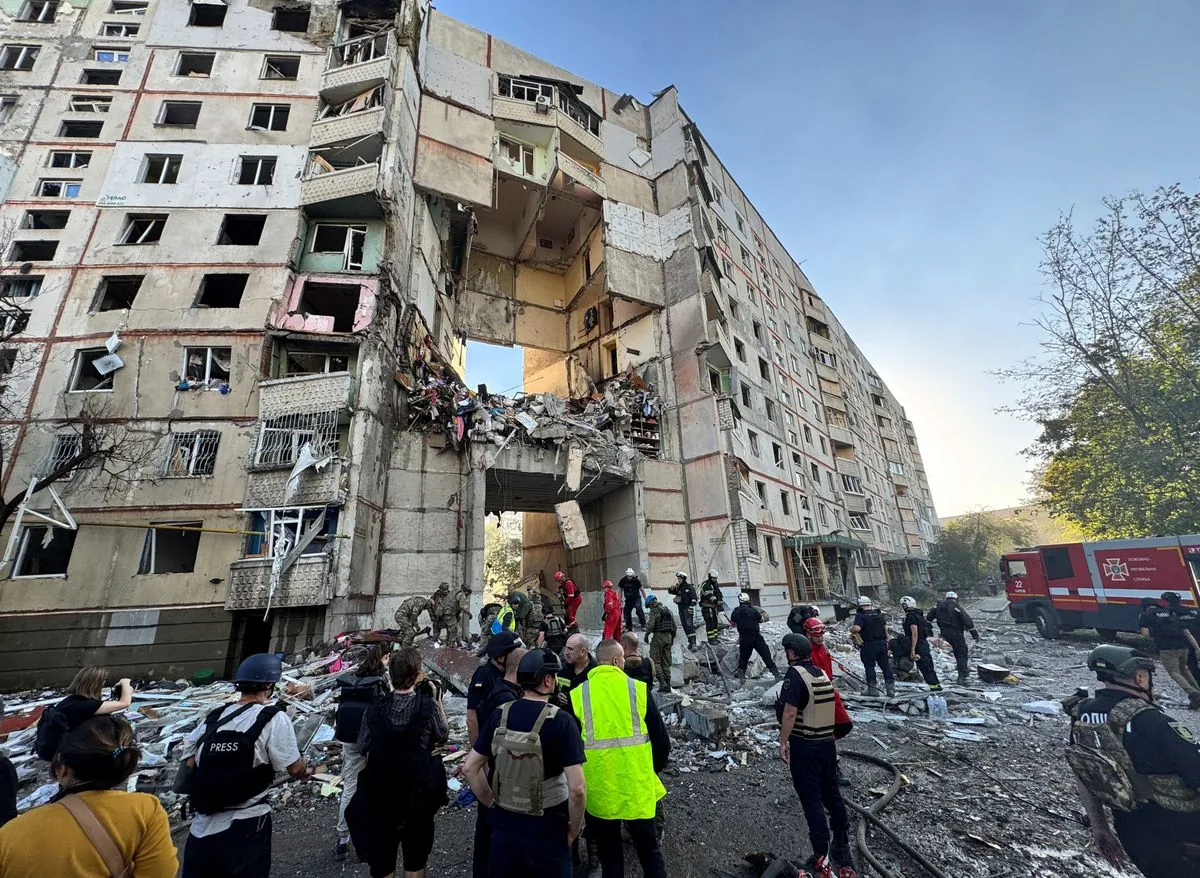NATO is developing strategies for large-scale medical evacuations in the event of a conflict with Russia, according to Lieutenant-General Alexander Sollfrank, head of NATO's logistics command. This planning reflects a significant shift from the alliance's experiences in Afghanistan and Iraq, anticipating a much larger war zone and potentially higher casualty numbers.
The North Atlantic Treaty Organization, founded in 1949, has been adapting its strategies in response to Russia's 2022 invasion of Ukraine. This conflict has led to the most severe confrontation between Russia and the West since the Cuban Missile Crisis of 1962, which lasted for 13 tense days.
Sollfrank emphasized the challenges of ensuring swift, high-quality care for potentially numerous wounded troops. Unlike previous conflicts, where air evacuations were common, NATO is considering alternative methods such as hospital trains. This shift is due to the anticipated lack of air superiority near front lines in a potential conflict with Russia.
The planning for medical evacuations is part of NATO's broader efforts to enhance its deterrence and defense capabilities. These preparations come as the German military suggests Russia could potentially attack a NATO country as early as 2029, although Russian President Vladimir Putin portrays the West as the aggressor for arming Ukraine.
NATO's Joint Support and Enabling Command (JSEC), based in Ulm, Germany, is coordinating these efforts. The command recently conducted exercises to simulate the coordination of patient flows across Europe. This planning is crucial, as NATO's military structure is divided into two strategic commands, with the Supreme Allied Commander Europe always being a U.S. military officer.
One of the key challenges identified is the need to transport wounded troops over larger distances compared to recent conflicts. The threat posed by Russian air defenses and jets to medical evacuation flights necessitates alternative transport methods. Hospital trains are being considered as they can potentially move more casualties simultaneously than aircraft.
Sollfrank noted that achieving air superiority would require time across the entire front line. This consideration aligns with NATO's Strategic Concept, last updated in 2022, which outlines the alliance's core tasks and principles in the face of evolving global threats.
The alliance is also addressing the complexities of differing medical regulations between countries. A proposed solution is the creation of a "military medical Schengen," similar to the political Schengen zone established in 1995 that allows free movement within most of the European Union. This concept would facilitate the cross-border transport of sensitive medications, including narcotics and strong painkillers, necessary for treating wounded troops.
NATO's planning extends beyond medical evacuations. The organization has been continuously updating its cyber defense policy since 2008 and established a Space Center in Ramstein, Germany, in 2020. These initiatives, along with regular military exercises, aim to enhance interoperability among member forces and adapt to modern warfare challenges.
As NATO prepares for potential future conflicts, it continues to operate on the principle of collective defense, as stated in Article 5 of the North Atlantic Treaty. The alliance, now comprising 31 member countries, invoked this article for the first time in response to the September 11, 2001 attacks on the United States.
With a budget of approximately €3.3 billion for 2023, NATO is investing in various aspects of defense and security. The organization's comprehensive approach includes partnerships with 40 non-member countries and the maintenance of the NATO Response Force, created in 2002 as a highly ready and technologically advanced force.
As geopolitical tensions persist, NATO's focus on medical evacuation planning underscores the complex realities of modern warfare and the alliance's commitment to protecting its members in an ever-changing global security landscape.
